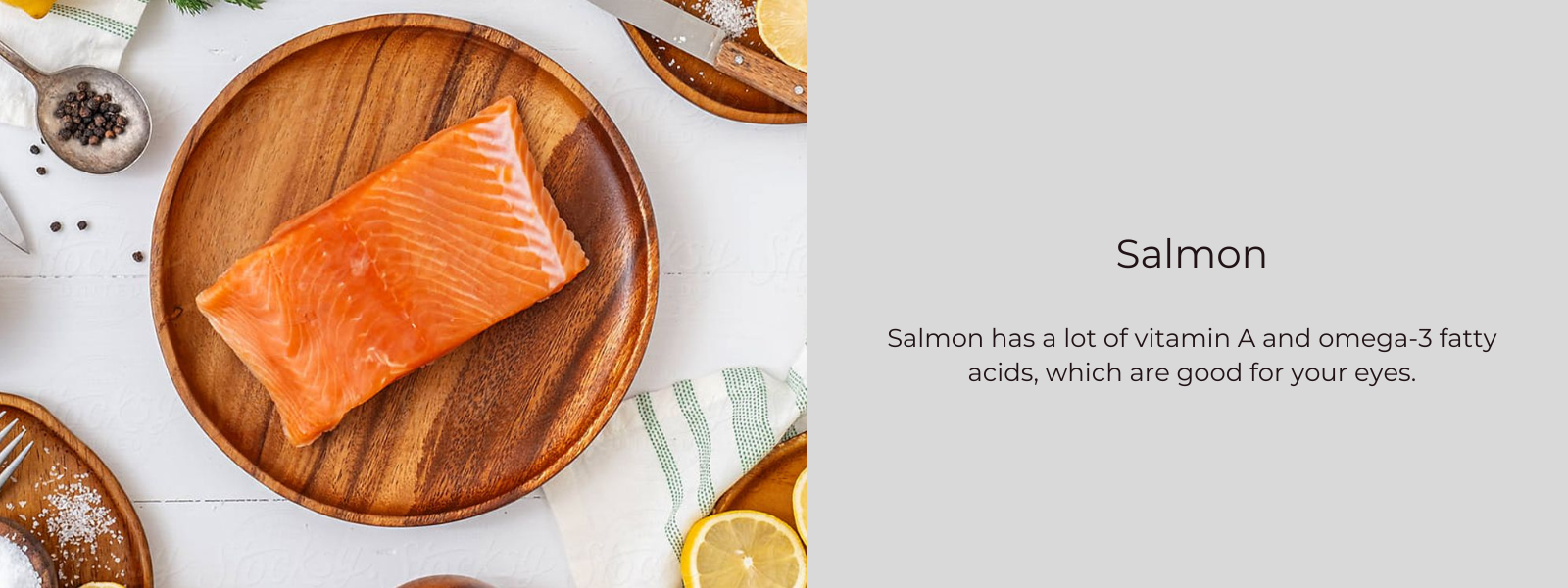Was it the chicken or the egg that came first? We might never know, but we do know that there are many good reasons to eat eggs every day.
Eggs have been a staple food since the beginning of time, and there's a good reason why they're still on our plates and in our meals. Not only can you make hard-boiled eggs, omelettes, deviled eggs, and more with them, but they are also a good source of protein, calcium, and a number of vitamins and nutrients.
Table of Contents
Nutritional value of eggs:
Eggs are full of important vitamins and minerals.
A typical amount of two eggs has:
82% of the vitamin D you need every day
50% of the amount of folate you need each day
25% of your daily needs for riboflavin (Vitamin B2)
40% of the selenium you need every day
Eggs also have a significant quantity of vitamins A, E, B5, B12, iron, iodine, and calcium, which are all important for a healthy, well-balanced diet.
Health benefits of eggs:
Eggs are a good source of protein, which helps keep and repair body cells, including muscle.
Eggs are good for your brain because they have vitamins and minerals that your brain and nervous system need to work well.
Eggs have all the vitamins and minerals that the body needs to make energy.
Eggs' vitamin A, vitamin B-12, and selenium are important for a healthy immune system.
Choline in eggs helps break down homocysteine, an amino acid that may be linked to heart disease. This is a big reason why eating eggs can lower your risk of heart disease.
Folic acid, which is in eggs and may help avoid birth defects like spina bifida, is important for a healthy pregnancy.
The zeaxanthin and lutein in eggs help stop macular degeneration, which is the most common cause of blindness in older people. There are also additional nutrients in eggs that help your eyesight.
Eggs are high in protein, which can help people lose weight and keep it off. This can make a person less likely to want to snack and lower their total calorie intake.
The minerals and vitamins found in eggs help keep skin healthy and stop body cells from breaking down. A person also looks and feels good when their immune system is healthy.
Can I eat eggs every day?
In small amounts, you can eat eggs every day. Don't forget that how you cook them is also very important. The best ways to cook them are to boil, poach, or bake them. You can also make an omelette or mixed eggs, but don't add too much butter and cheese or you'll defeat the healthy purpose of the egg.
Are eggs good for weight loss?
When you eat eggs for breakfast, you may eat up to 400 fewer calories per day. This is beneficial because they are high in good protein and make you feel full. Here are some more ways eggs can help you lose weight:
- One large egg includes about 80 calories
- Your metabolism can speed up with the help of eggs.
- When you eat eggs, your blood sugar and insulin levels stay steady.
- Eating eggs lowers the hunger hormone (ghrelin), which makes you feel fuller all day.
Ways to use eggs:
Eggs can be fried, scrambled, boiled, or baked, and many people like them all of these ways. They are easy to add to a meal plan.
Eggs that are boiled or scrambled are easy to make and don't have any extra fat. Pepper, chilli powder, or sumac can be used to add flavour to the eggs.
Plain boiled eggs serve as a good snack or meal for someone who is sick or having trouble with their digestion.
Eggs that have been hard-boiled are easy to take on a picnic, and they also taste good in a salad.
To make an omelette or scrambled eggs that are good for you, use veggie oil and add onion, herbs, garlic, peas, and sweetcorn.
Risks of consuming eggs:
There are some risks to your health when you eat eggs:
Bacteria: Eggs that are raw or not cooked all the way through can have bacteria in them.
Allergies: A few individuals suffer from an egg allergy or reaction. Someone who is allergic to eggs or egg products could have a reaction that could kill them if they touch them.










Leave a comment